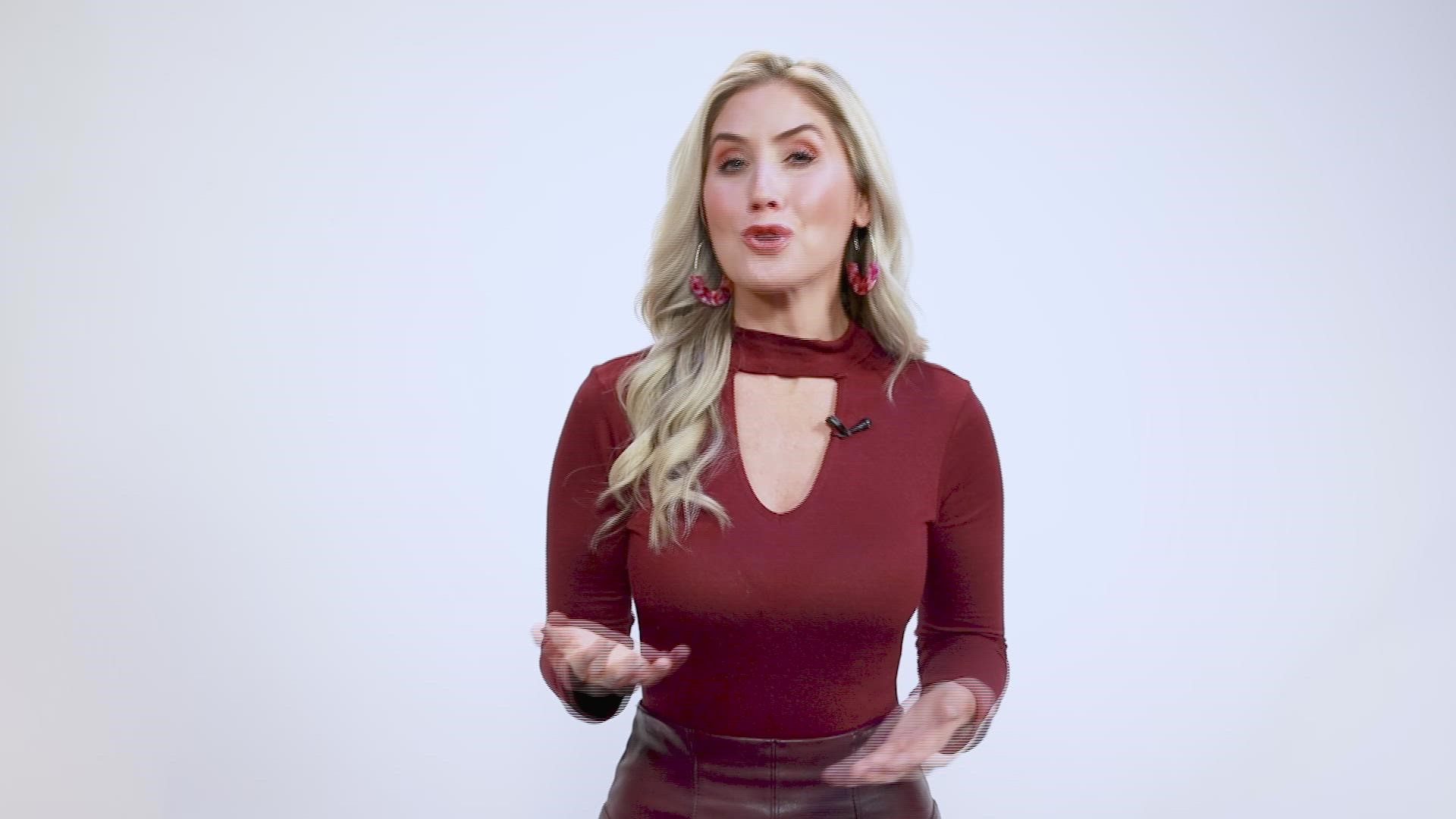Getting enough rest is a struggle for millions of adults and COVID-19 has only made that harder.
Dr. Erin Koffel, director of research and scientific affairs at the National Sleep Foundation helps us shut out stress and get the sleep we need.
She says to start with a consistent schedule. A bedtime and a waketime that you can stick to daily because routine is important. Once that’s established, add those eating habits into the mix.
Koffel says, “finish up eating and drinking, including alcohol 2 to 3 hours before you get into bed.”
She says giving yourself time to decompress before bed is important, too.
“I tell people we need a long runway into sleep and so especially if you’re working from home or you’re pulling extra shifts, trying to preserve that last hour of the night before you get into bed, to relax. It’s really going to help set the stage,” explains Koffel.
Turning off games, TV, devices will signal your brain to relax. Anything that activates stress can override your sleep signals.
Your daily routine will also impact your rest. Dr. Koffel says a healthy routine that includes bright light and exercise will help keep you on track.
“Ideally, you could get out in the sunlight,” she says.
If you’re continuing to toss and turn, Koffel says instead of fighting it in bed, give yourself a reset.
She says, “if you’re really struggling, get out of bed for 15 to 20 minutes and do something else relaxing and calming and then try again.”
Regular rest will also help strengthen your immune system. Dr. Koffel says evidence shows a good night’s rest will also strengthen our antibody response after vaccines.
“So, it makes it really critical to be getting enough sleep before a vaccine and after a vaccine, particularly as more kids are getting vaccinated or as adults are getting boosted,” explains Koffel.

